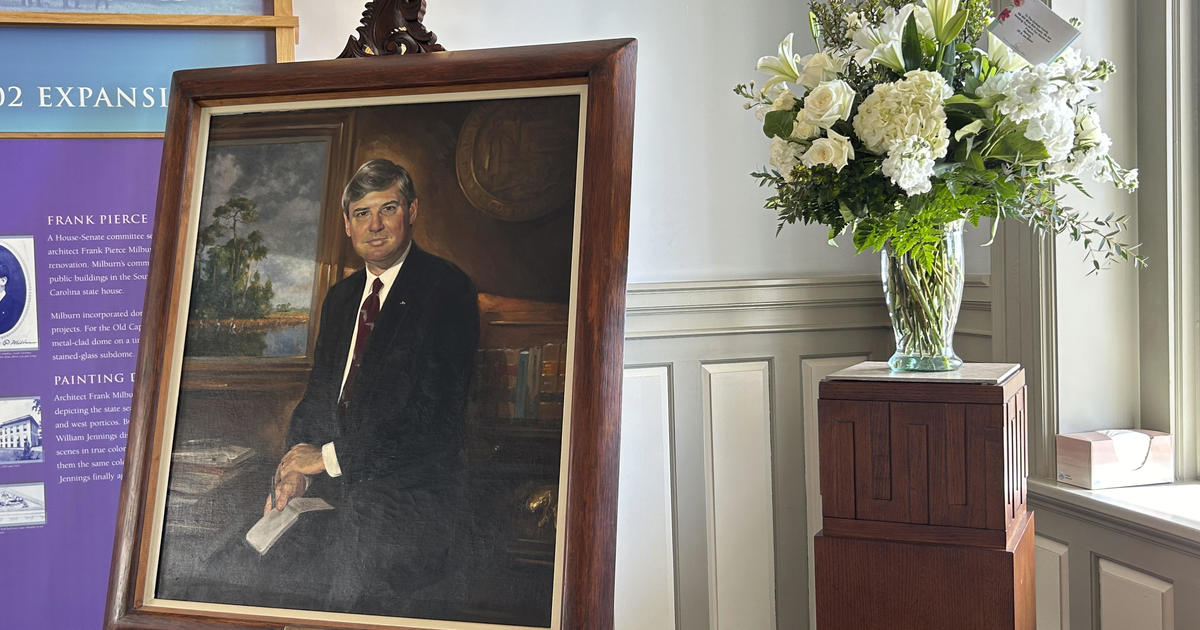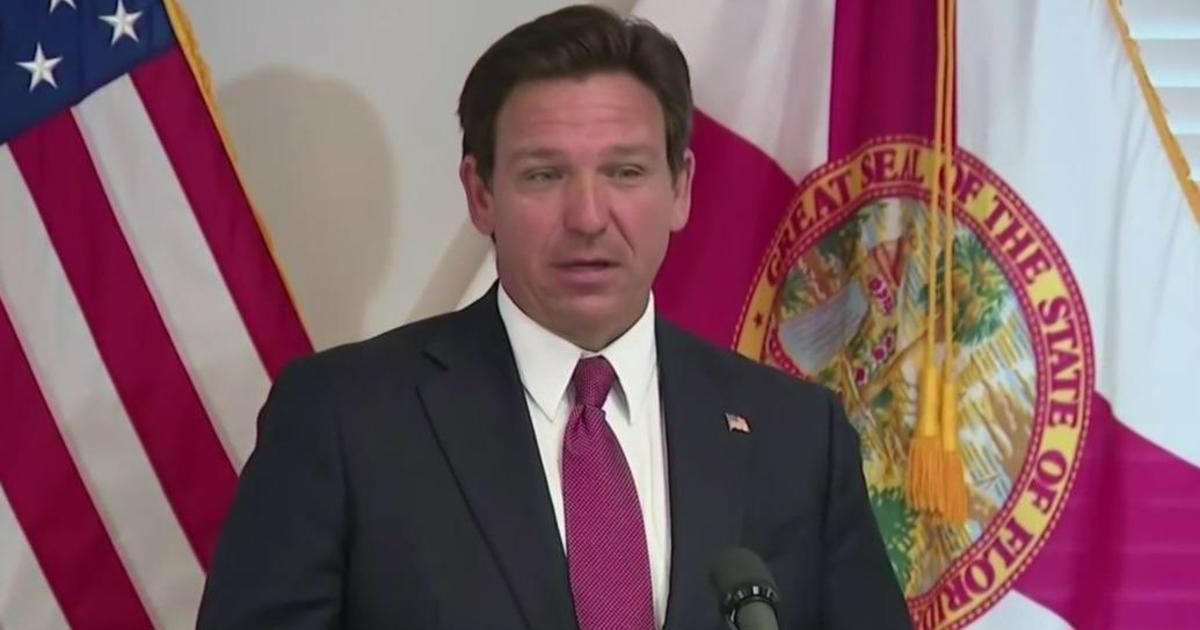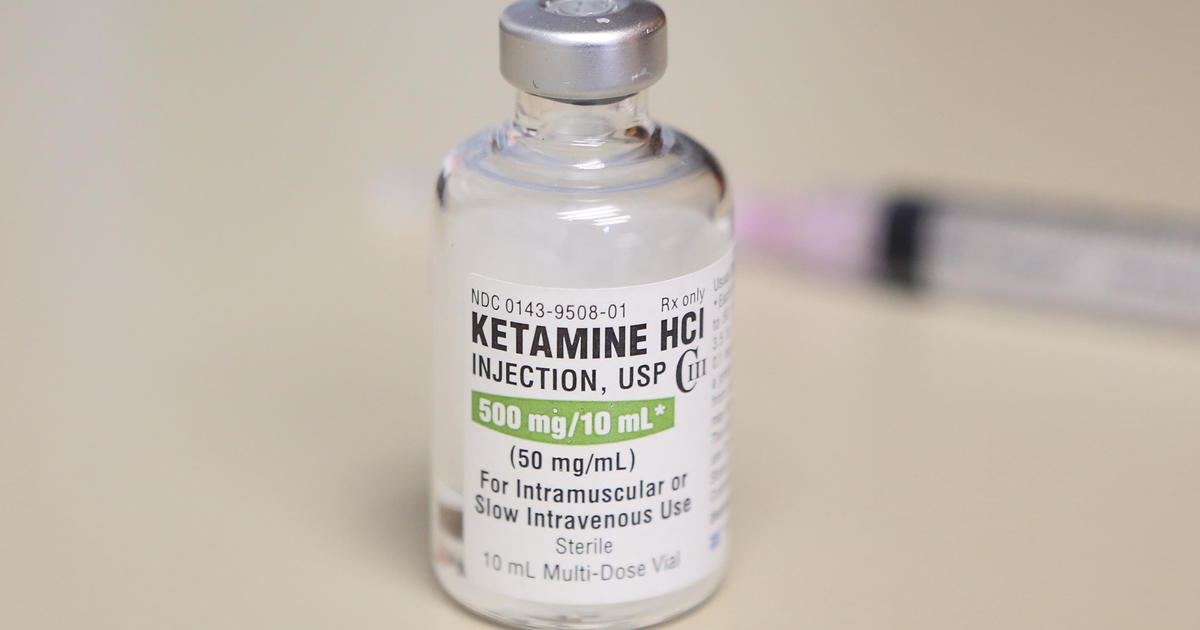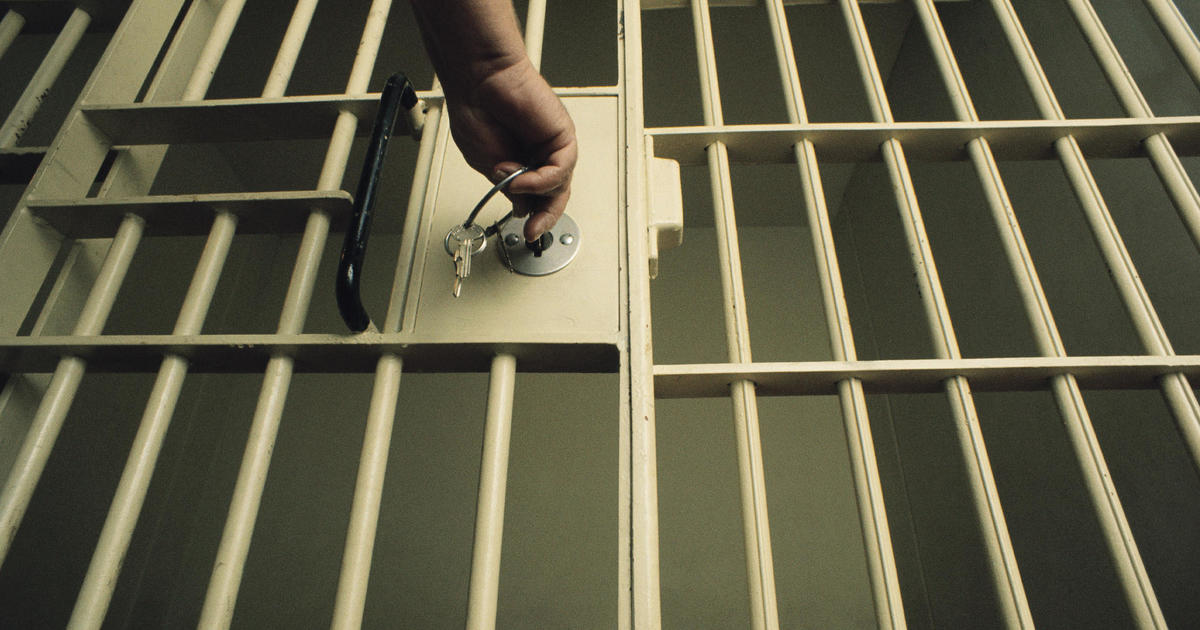Prosecutors Drop Case Against Former Speaker Sansom
TALLAHASSEE - (CBS4/AP) - Prosecutors dropped corruption charges against former Florida House Speaker Ray Sansom Friday after the judge in his trial rejected a key witness.
Circuit Judge Terry Lewis ruled that prosecutors had not shown enough evidence that a conspiracy existed. His ruling came in response to a motion to introduce testimony by Bob Richburg, a former college president who had been charged in the case before agreeing to testify for the state. Without Richburg's testimony, State Attorney Willie Meggs said he could not continue.
The judge dropped the charges after Sansom and co-defendant Jay Odom each agreed to pay more than $100,000 in restitution. Charges were also dropped against Odom.
Afterward, Sansom, holding back emotions, thanked God and his family during the months leading up to trial.
"We could tell it was a tough ride," he haltingly told reporters. "But when I first met with my attorneys, they told me, 'Ray, the truth will set you free,' and we saw that today."
Of Meggs, Sansom said he had told him at the grand jury, "Indicting a legislator for a budget item is no way to stop legislation. But he wouldn't listen to me."
Asked about future political aspirations, he said, "I'm not concerned about any political future. My future is in God's hands."
Odom declined to comment.
Sansom has been accused of scheming to get a $6 million state budget appropriation in 2007 to build a hangar at the Destin airport for Odom, a local businessman and major Republican donor. Sansom, a Republican, represented the Destin area.
Defense lawyers said the money was for a much-needed and hurricane-proof emergency operations center for the city of Destin. The hangar was really a cavernous staging area to be used for large vehicles, they said. The project was funded in 2007 but never built, and the state got its money back.
Prosecutors argued that Sansom wanted Northwest Florida State College to build the project and include some classrooms to call it an "educational facility," which would qualify it for state money for educational buildings. Odom, who owns a jet service, would have leased the staging area for his planes instead of building his own hangar.
"It became clear that the state and the defense and the court have a fundamental difference of understanding about the law of conspiracy," Meggs said after court adjourned. "From the direction of the court's ruling, that you can't steal the appropriation, we would not be able to prevail to show theft."
Lewis had hamstrung the prosecution by previously ruling that getting a state budget item passed isn't theft, as long as plans to use the money "reasonably meet the required public purpose" — in this case, building an emergency operations center, which Lewis said they did.
"The fact that a citizen derives a private benefit from the expenditure of public funds does not mean that the citizen, or any public official who assists him, is guilty of theft," he added. "Public good and private benefit are not mutually exclusive."
Sansom, 48, and Odom, 54, will pay their restitution to the college in return for Meggs dropping the case. The college had spent more than $300,000 in design and planning costs for the Destin facility; it later had to return that money to the state.
Richburg is also paying restitution. Sansom's lawyer, Stephen Dobson, said his client likely will have to borrow the money.
Richburg said he felt "used" in the process, according to Meggs, and was willing to testify about a conspiracy among himself, Sansom and Odom after the $6 million line-item was approved.
Under Florida law, to admit into evidence a statement of one conspirator against another, the state must establish there was in fact a conspiracy. The judge essentially ruled that prosecutors had not met that burden because conspiracy is an agreement to commit an illegal act, and Lewis ruled that a budget item can't be stolen.
The prosecution would have to prove that the men "endeavored to exercise control over the (money, so that it) was spent to construct a building at a specific location, of a certain size, with specific dimensions and features" specifically so that Odom could store his jets in it, Lewis' ruling said.
The jury would have to find that building an emergency operations center with a large staging area to house large vehicles was "a sham, a mere pretense intended to hide or camouflage the intended private benefit," the ruling said.
As Lewis pointed out from the bench, e-mails in the case showed detailed designs and preparations to build an emergency operations center. That's when Meggs knew he had a losing case.
"If I can't establish a conspiracy before the appropriation, then I can't get in statements of co-conspirators after the appropriation," Meggs said. "That's what all of our theft evidence is about, what they did after the appropriation."
James Judkins, Odom's attorney, said even though Meggs dropped the charges, the defense team felt they would have won.
Judkins then attacked news media that had reported on the case and against Meggs personally.
Meggs "took it this far, to the tremendous waste of taxpayer money and the lives of these men who have been on trial," he said. "This was a silly case, a stupid case that should never have been brought."
Judkins and other lawyers later escorted Sansom, Odom and their family members into a room just outside the court. Several people could be heard crying. Before the door closed, Judkins said to no one in particular, "Let's go home."



